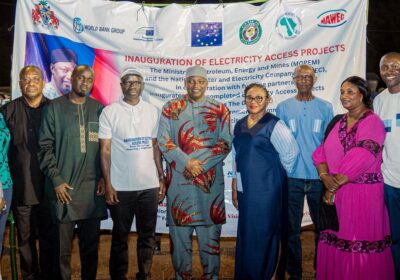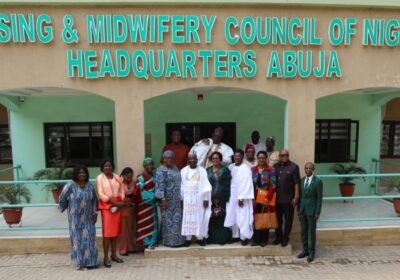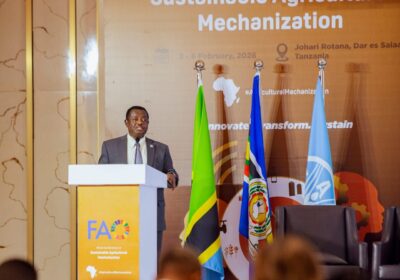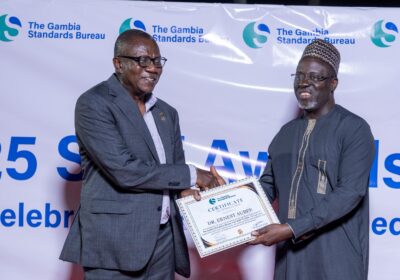ECOWAS Inter-Agency Technical Meeting on AECID Partnership, Set to Improve better Synergy.
By Raymond Enoch
In a significant display of regional coordination and diplomatic engagement, the ECOWAS Commission convened an Inter-Agency Technical Meeting with the Spanish Agency for International Development Cooperation (AECID), laying the groundwork for the 2025–2028 phase of the ECOWAS-AECID Cooperation Programme.
Held at Niger House in Abuja, the high-level session brought together senior representatives from various ECOWAS institutions to fine-tune implementation strategies, strengthen institutional synergy, and align developmental priorities across the region.
Coordinated by the ECOWAS Directorate of External Relations, the meeting was widely regarded as a milestone in operational diplomacy. It underscored the importance of inter-agency collaboration and established a result-oriented roadmap for the coming years.
“This was more than just a technical session—it was a blueprint-setting engagement,” said a senior ECOWAS official. “We are engineering practical, people-centered cooperation.”
During the session, participating ECOWAS agencies presented comprehensive strategies that align with AECID’s key cooperation pillars:
Directorate of Free Movement of Persons and Migration highlighted plans for regulatory harmonization and the adoption of rights-based mobility protocols across member states.
Regional Agency for Agriculture and Food (ARAA) unveiled action plans to enhance food security and promote climate-resilient agriculture.
ECOWAS Centre for Renewable Energy and Energy Efficiency (ECREEE) outlined initiatives to improve access to clean and affordable energy across the region.
ECOWAS Gender Development Centre (EGDC) showcased projects aimed at advancing gender equality and supporting grassroots women’s empowerment.
These sectoral strategies will form the operational core of the 2025–2028 partnership, signaling a renewed commitment to inclusive, sustainable regional development.
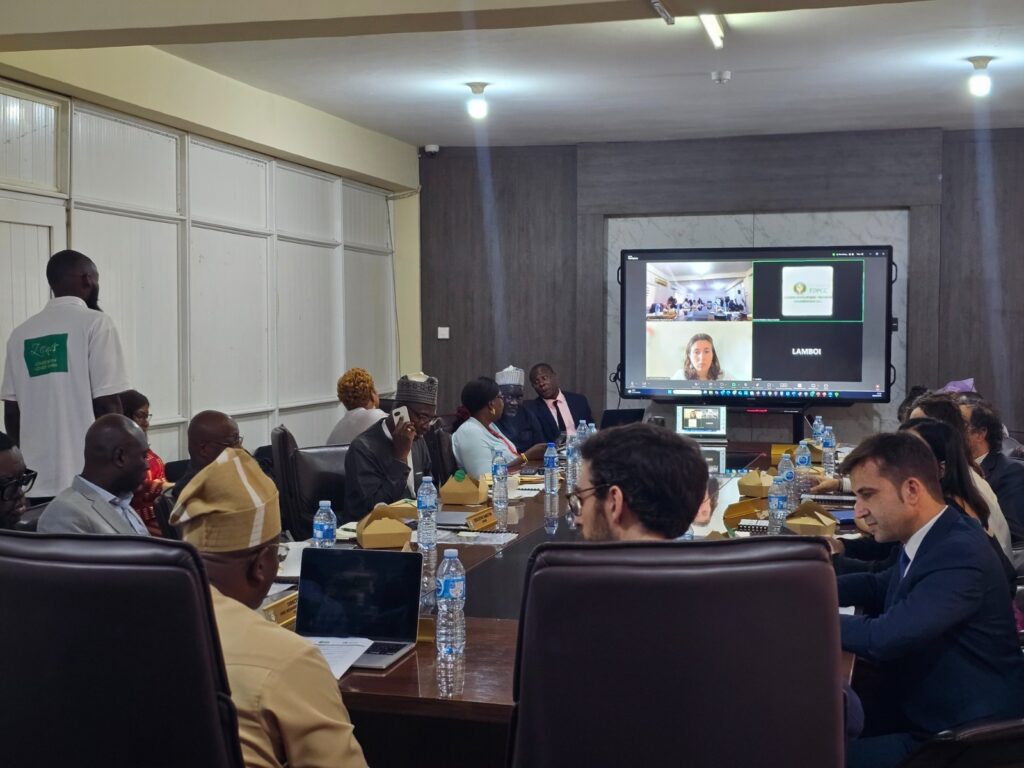
Another major highlight of the meeting was the emphasis on strengthening governance frameworks, integrating real-time monitoring and evaluation systems, and enhancing visibility for development outcomes at both national and community levels.
Participants also reflected on lessons learned from the 2021–2024 cooperation cycle, with a strong consensus on the need for more streamlined implementation and greater measurable impact.
The successful coordination of the meeting not only reaffirmed ECOWAS’s leadership in regional diplomacy but also demonstrated its institutional preparedness to advance cross-border partnerships that are both pragmatic and accountable.
As the ECOWAS-AECID partnership transitions into its next cycle, stakeholders are united in their vision: West Africa’s development must be collaborative, citizen-driven, and strategically delivered.
With this engagement, ECOWAS continues to solidify its role as a convening authority and catalyst for transformative regional change.





